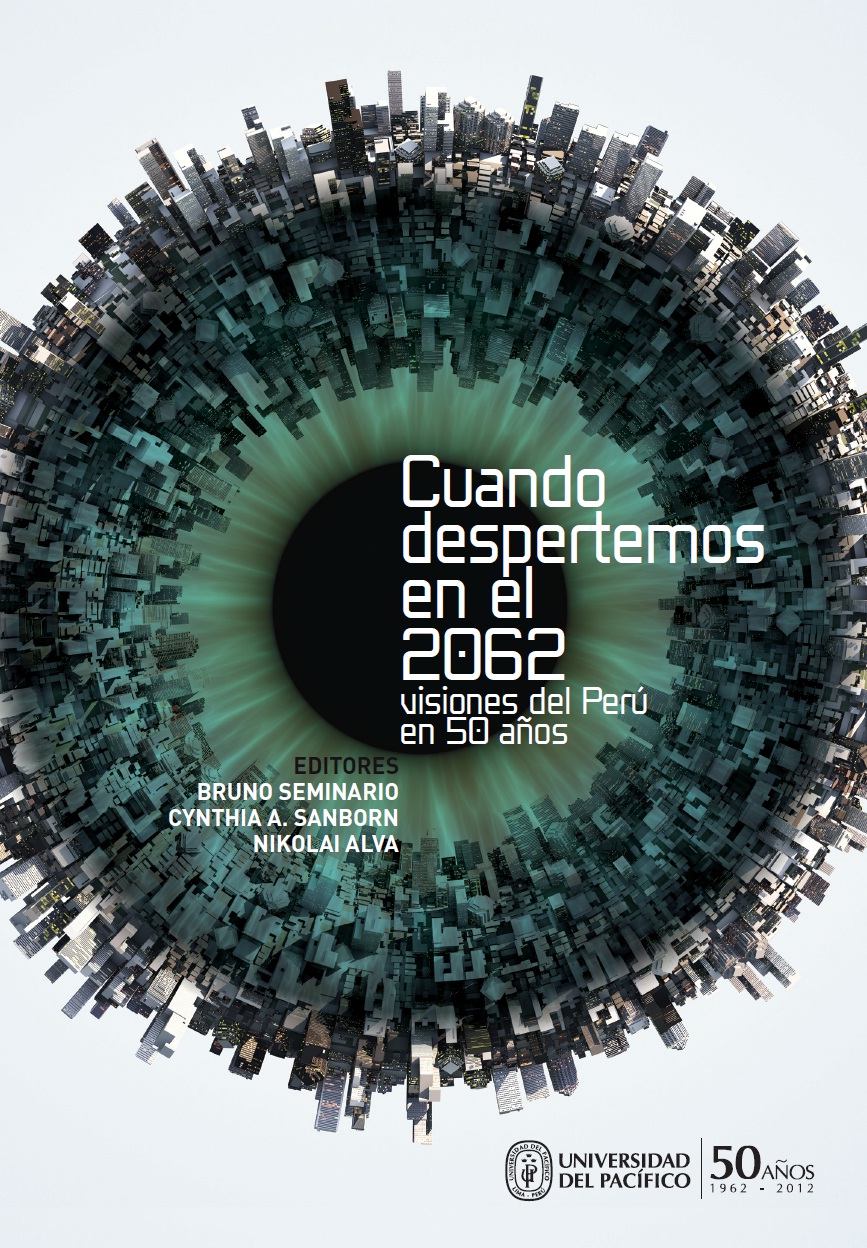| dc.contributor.author | Peralta Agudelo, Jaime Andrés | |
| dc.contributor.author | Díaz Benjumea, Margarita Rosa | |
| dc.date.accessioned | 2022-05-30T16:45:19Z | |
| dc.date.available | 2022-05-30T16:45:19Z | |
| dc.date.issued | 2022-05 | |
| dc.identifier.uri | https://hdl.handle.net/11354/3430 | |
| dc.identifier.citation | Peralta Agudelo, J. A., & Díaz Benjumea, M. R. (2022). Entre bosques tropicales y comunidades negras: El viajero del siglo XIX frente a la otredad del Pacífico colombiano. Apuntes: Revista de Ciencias Sociales, 49(91), 133-158. https://doi.org/10.21678/apuntes.91.1351 | es_PE |
| dc.description.abstract | Este artículo analizará los esquemas de percepción y las plataformas discursivas a través de los cuales los viajeros extranjeros decimonónicos presentaron, en sus países de origen y a las élites nacionales, el medio natural y el universo sociocultural de las comunidades negras que habitaban en el litoral del Pacífico de la joven República de Colombia. Se verá que la selva húmeda tropical fue percibida como una despensa inagotable de insumos fabriles o como un eje estratégico del comercio mundial. A su vez, se descalificó el legado cultural y la trayectoria histórica de los colectivos afropacíficos y fueron tomados como el mayor obstáculo del «progreso» del área, pero igualmente como mano de obra barata para ponerla al servicio del sistema capitalista surgido tras el ocaso del Imperio español. | es_PE |
| dc.description.abstract | This article will analyze the perception schemes and discursive platforms through which nineteenth-century foreign travelers presented in their countries of origin and to the national elites the natural environment and the sociocultural universe of the black communities that inhabited the Pacific coast of the young Republic of Colombia. It will be seen that the tropical rainforest was perceived as an inexhaustible storehouse of commodities or as a strategic axis of world trade. At the same time, the cultural legacy and the historical trajectory of the Afro-Pacific groups were disqualified, and they were taken as the greatest obstacle to the «progress» of this area, but also as a cheap workforce to serve the capitalist system that emerged after the decline of the Spanish Empire. | en |
| dc.format | application/pdf | es_PE |
| dc.language.iso | spa | es_PE |
| dc.publisher | Universidad del Pacífico. Fondo Editorial | es_PE |
| dc.relation | https://revistas.up.edu.pe/index.php/apuntes/article/view/1351/1590 | |
| dc.relation.ispartof | https://doi.org/10.21678/0252-1865 | es_PE |
| dc.rights | info:eu-repo/semantics/openAccess | es_PE |
| dc.rights.uri | http://creativecommons.org/licenses/by/4.0/deed.es | * |
| dc.subject | Colombia--Descripciones y viajes--Siglo XIX | es_PE |
| dc.subject | Afrodescendientes--Colombia--Historia--Siglo XIX | es_PE |
| dc.subject | Bosques--Colombia--Historia--Siglo XIX | es_PE |
| dc.subject | Viajeros--Colombia--Siglo XIX | es_PE |
| dc.title | Entre bosques tropicales y comunidades negras: el viajero del siglo XIX frente a la otredad del Pacífico colombiano | es_PE |
| dc.title.alternative | Between tropical forests and black communities: the 19th century travelers facing the otherness of the Colombian Pacific | es_PE |
| dc.type | info:eu-repo/semantics/article | es_PE |
| dc.identifier.doi | https://doi.org/10.21678/apuntes.91.1351 | |
| dc.publisher.country | PE | es_PE |
| dc.type.version | info:eu-repo/semantics/publishedVersion | es_PE |
| dc.subject.ocde | https://purl.org/pe-repo/ocde/ford#5.04.01 | es_PE |





